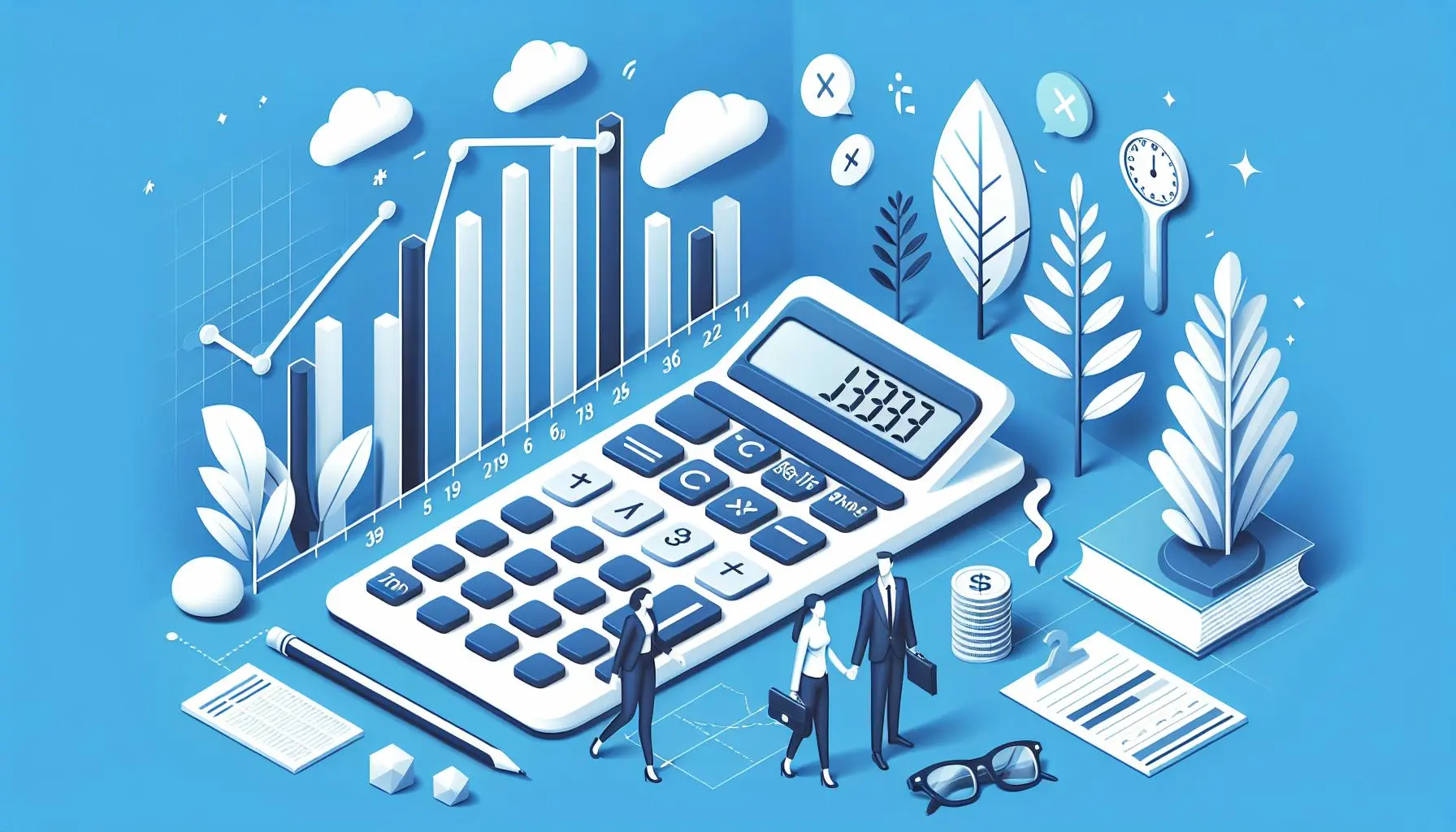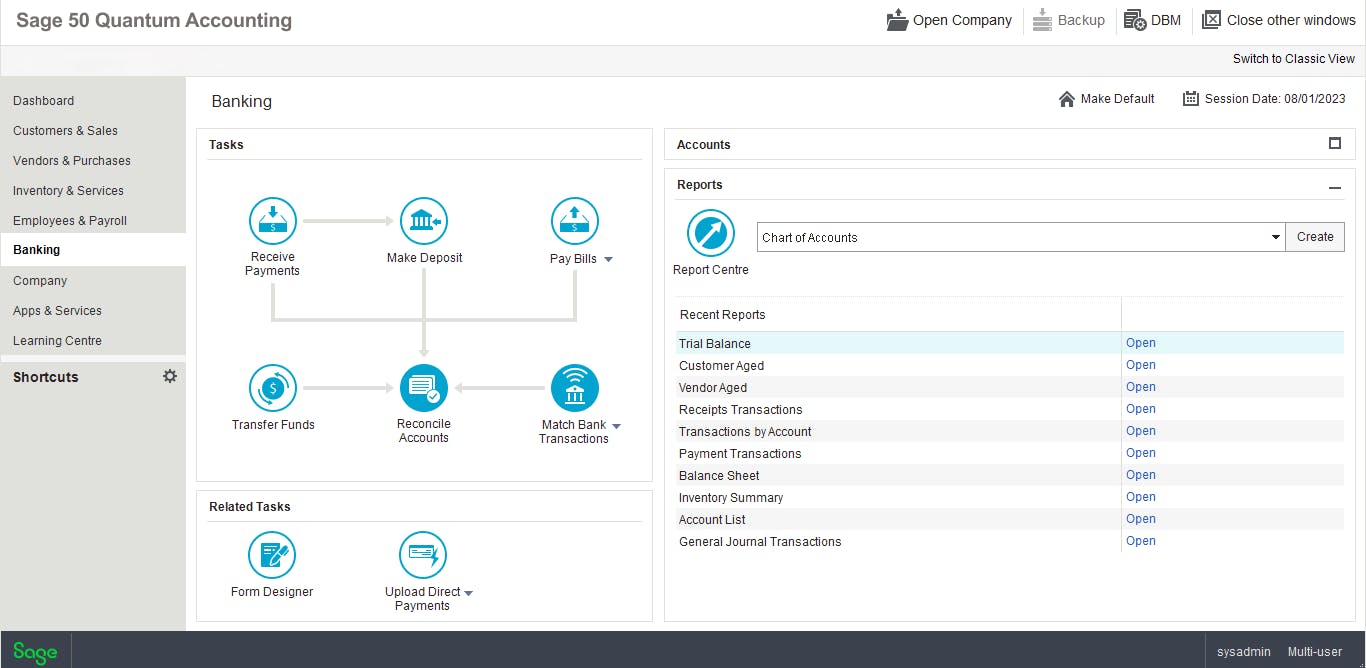
Financial Resilience for Accountants: Strategies for Economic Challenges
You and your accounting firm must be financially resilient to go through economic challenges without the need to let people go.

Understanding Economic Cycles
Before we get into the strategies, let's take a moment to understand the nature of economic cycles. Just like the ebb and flow of tides, economies go through periods of growth, stagnation, and contraction. It's an inevitable cycle that affects businesses, industries, and even our personal finances. Picture it like a rollercoaster ride – there are ups, downs, and loops, but the key is to hold on tight and adapt to the twists and turns.
Diversification: Not Putting All Your Eggs in One Basket
One of the most effective strategies for weathering economic storms is diversification. Think of it like a well-balanced investment portfolio – you wouldn't want to put all your money into a single stock, would you? The same principle applies to your career and skillset. By diversifying your expertise across multiple industries or specializations, you become more adaptable and less vulnerable to industry-specific downturns.
For example, if you're an accountant specializing in the manufacturing sector, consider expanding your knowledge into sectors like healthcare or technology. This way, if one industry takes a hit, you have the flexibility to pivot and explore opportunities in others.
Continuous Learning: Staying Ahead of the Curve
In the world of accounting, knowledge is power. Imagine being a mechanic who only knows how to repair cars from the 1980s – not exactly a recipe for success in today's rapidly evolving automotive landscape. The same principle applies to our profession. Continuous learning and upskilling are essential for staying relevant and adaptable in the face of economic challenges.
Embrace professional development opportunities, attend workshops and seminars, and keep up with the latest regulations, technologies, and industry trends. Think of it as an investment in your career – the more you know, the more valuable you become to employers and clients, regardless of the economic climate.
Building a Robust Network
Networking is often overlooked, but it can be a game-changer when it comes to financial resilience. Your professional network is like a safety net – the stronger it is, the more support you have during tough times. Attend industry events, join professional organizations, and actively cultivate relationships with peers, mentors, and potential employers.
Don't just collect business cards; nurture those connections. Share knowledge, offer assistance, and be genuine in your interactions. In times of economic uncertainty, a strong network can open doors to new opportunities, provide valuable insights, and even lead to potential collaborations or referrals.
Emergency Fund: Your Financial Lifeline
Just like businesses need a rainy day fund, so do we as professionals. An emergency fund is your financial lifeline during periods of job instability or unexpected expenses. Aim to set aside at least six months' worth of living expenses in a separate, easily accessible account.
Think of it as your personal safety net – if you find yourself in a situation where your income is disrupted, your emergency fund can provide a cushion to help you weather the storm without going into debt or making drastic sacrifices.
Adaptability: Embracing Change
In the face of economic challenges, adaptability is key. The ability to pivot, adjust strategies, and embrace new ways of working can mean the difference between sinking and swimming. Cultivate a mindset of flexibility and be open to exploring new opportunities, roles, or even industries if necessary.
For example, if traditional accounting roles become scarce, consider transitioning to consulting, teaching, or even entrepreneurship. The beauty of our profession is that our skills are transferable and valuable across a wide range of industries and settings.
Conclusion
Economic challenges are inevitable, but by implementing these strategies, we can build financial resilience and navigate through turbulent times with confidence. Remember, diversification, continuous learning, networking, emergency funds, and adaptability are the keys to weathering any storm.
As accountants, we are the financial guardians of businesses and organizations. By strengthening our own financial resilience, we not only secure our own futures but also become better equipped to guide our clients and employers through times of economic uncertainty.
So, let's embrace these strategies, stay vigilant, and continue to be the pillars of financial stability that our profession demands. Together, we can weather any economic storm and emerge stronger, wiser, and more resilient than ever before.

